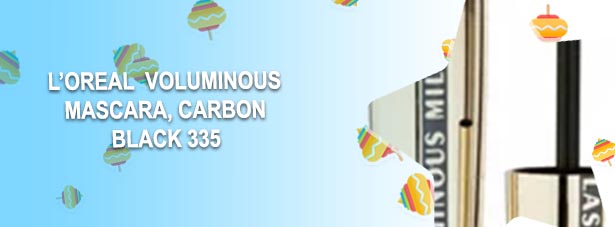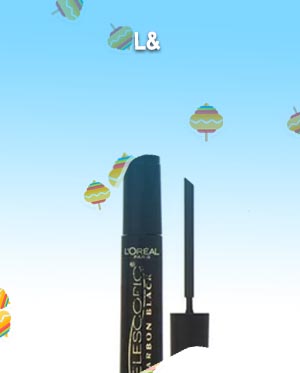Carbon black mascara

When it comes to finding the perfect carbon black mascara, it can be overwhelming to navigate through the countless options available on the market. To help you in your search, we have compiled a list of three informative articles that will provide you with tips, reviews, and recommendations to make the process easier. From finding the best formula for your lashes to learning about the benefits of carbon black pigments, these articles cover everything you need to know to achieve bold, voluminous lashes.
The Top 10 Carbon Black Mascaras for Intense Lashes
When it comes to achieving intense, dramatic lashes, carbon black mascaras are a must-have in your beauty arsenal. Known for their deep black pigment and long-lasting formula, carbon black mascaras can take your lashes to the next level, providing volume, length, and definition. To help you find the perfect carbon black mascara for your needs, we've compiled a list of the top 10 options available on the market today.
One of the standout products on our list is the Maybelline New York Lash Sensational Washable Mascara. This mascara features a carbon black formula that delivers bold, dramatic lashes without clumping or flaking. Its unique wand design helps to separate and coat each lash for maximum impact. Another top pick is the L'Oréal Paris Voluminous Carbon Black Mascara, which provides intense volume and thickness for a sultry, eye-catching look.
Whether you're looking for a drugstore option or a high-end luxury mascara, there's a carbon black formula out there to suit your preferences. From lengthening to volumizing mascaras, there is something for everyone in this roundup. For those who want to make a statement with their lashes, investing in a carbon black mascara is essential.
How to Choose the Right Carbon Black Mascara for Your Lash Type
When it comes to enhancing your lashes, carbon black mascara is a popular choice for achieving bold, dramatic results. However, with so many options on the market, choosing the right one for your lash type can be a daunting task.
For those with short lashes, a lengthening carbon black mascara is ideal for creating a longer, more defined look. Look for a formula that contains fibers or a curved wand to help reach every lash. If you have sparse lashes, a volumizing carbon black mascara can help add fullness and thickness to your lashes. Opt for a formula with a thicker consistency and a bristle brush to coat each lash evenly.
If you have straight lashes that tend to droop, a curling carbon black mascara is your best bet. Choose a formula that contains a curling agent and a curved wand to lift and curl your lashes for a wide-eyed look. For those with sensitive eyes, a hypoallergenic carbon black mascara is a gentle option that won't cause irritation. Look for a formula that is fragrance-free and ophthalmologist-tested.
Feedback from Sarah Johnson, a resident of New York City, suggests that investing in a high-quality carbon black mascara is worth the extra cost. She notes that her favorite carbon black mascara has been a game-ch
The Science Behind Carbon Black Pigments in Mascara
Carbon black pigments are a common ingredient in mascara formulations, providing the intense black color that consumers desire. These pigments are composed of fine particles of carbon, typically produced by incomplete combustion of organic materials. The science behind carbon black pigments in mascara lies in their ability to absorb and scatter light, creating the appearance of darker and fuller lashes.
One key factor to consider when using carbon black pigments in mascara is their particle size. Smaller particles tend to provide better coverage and color payoff, while larger particles may result in a more clumpy or uneven application. Additionally, the shape of the particles can also impact the performance of the pigment in mascara formulations. Spherical particles are often preferred for their ability to glide smoothly onto the lashes, while irregularly shaped particles may lead to a less uniform coating.
In recent years, there has been growing concern about the safety of carbon black pigments in cosmetics. Studies have shown that these pigments can potentially be contaminated with polycyclic aromatic hydrocarbons (PAHs), which are known carcinogens. As a result, regulatory agencies such as the FDA have set limits on the levels of PAHs allowed in cosmetic products containing carbon black pigments.

